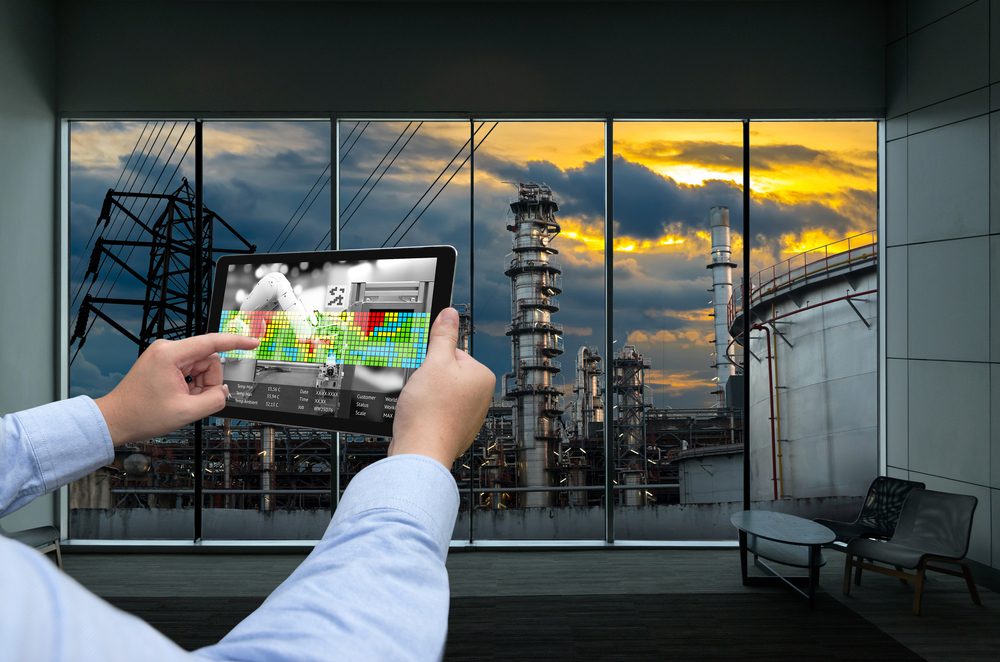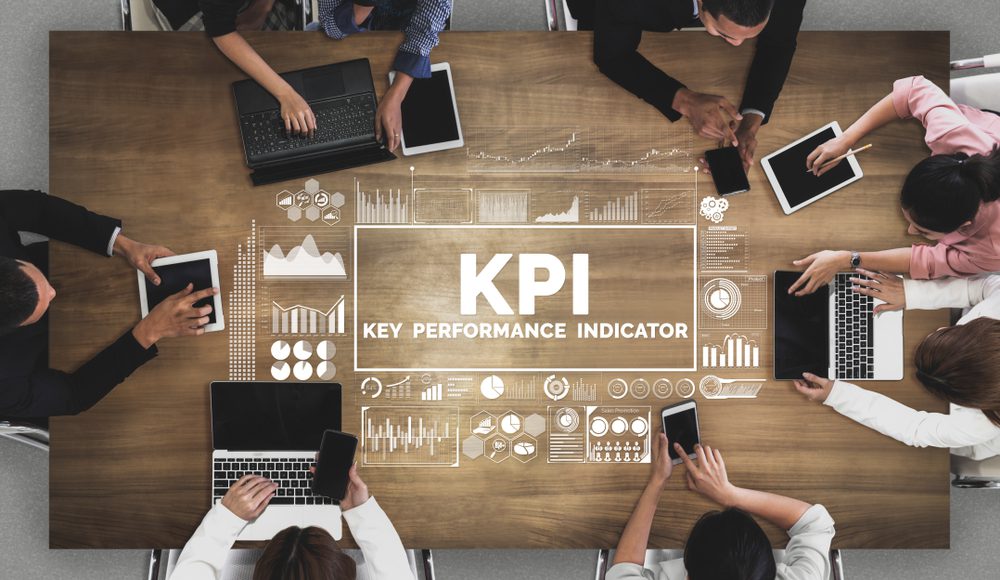Introduction
In the ever-evolving landscape of today’s business world, mastering energy management stands as a pivotal cornerstone for success. As the price tags on energy soar and environmental consciousness takes center stage, businesses face an urgent need to embrace astute energy management practices. It’s no longer just about financial savings; it’s a commitment to sustainability and environmental stewardship. Join us in this blog post expedition as we uncover five indispensable Key Performance Indicators (KPIs) that serve as guiding beacons for businesses striving to fine-tune their energy management strategies.
Energy Consumption
Energy consumption refers to the amount of energy used by a business to power its operations. Monitoring energy consumption is a fundamental KPI for effective energy management. By tracking and measuring this metric, businesses gain insights into their energy usage patterns and identify areas for improvement.
To track and measure energy consumption, businesses can utilize smart meters, submeters, or energy management software. These tools provide real-time data on energy consumption, allowing businesses to identify peak usage periods, energy-intensive processes, and wasteful practices. By implementing energy-efficient measures such as equipment upgrades, optimized systems, and employee awareness campaigns, businesses can significantly reduce energy consumption, resulting in substantial cost savings.
Reducing energy consumption not only has financial benefits but also contributes to sustainability. By conserving energy, businesses can reduce their carbon footprint and minimize their impact on the environment. Additionally, implementing energy-efficient technologies and practices enhances a company’s reputation as an environmentally responsible organization.
Energy Intensity

Energy intensity is another crucial KPI for effective energy management. It measures the amount of energy used per unit of production or activity. By calculating and monitoring energy intensity, businesses can identify inefficiencies in their operations and take steps to optimize energy usage.
To calculate energy intensity, businesses need to divide their total energy consumption by the specific production output or activity level. This KPI helps businesses identify energy-intensive processes or areas that require optimization. By investing in energy-efficient equipment, streamlining processes, and utilizing automation technologies, businesses can significantly improve their energy intensity and operate more sustainably.
Moreover, improving energy intensity often leads to increased productivity and operational efficiency. By identifying and addressing energy-intensive processes, businesses can streamline operations, reduce waste, and enhance overall productivity. This not only reduces energy costs but also improves competitiveness within the industry.
Energy Cost
Energy costs play a vital role in the financial health of a business. It refers to the monetary value of energy consumed by a business. Monitoring energy cost is crucial for effective energy management as it directly impacts a company’s profitability. By analyzing energy cost KPIs, businesses can identify areas of energy inefficiency and make informed decisions to reduce their energy expenses.
To track and analyze energy cost KPIs, businesses should regularly review their utility bills, identify energy-saving opportunities, and benchmark their energy consumption against industry standards. Implementing energy audits, conducting thorough analyses of energy consumption patterns, and considering alternative energy suppliers are effective strategies for tracking and analyzing energy cost KPIs.
Emphasizing energy cost management creates a culture of cost-consciousness within an organization. By actively managing energy costs, businesses can identify cost-saving opportunities, optimize energy usage, and improve overall financial performance. The funds saved can be reinvested in other areas of the business, such as research and development or employee training, leading to innovation and growth.
Greenhouse Gas Emissions
Greenhouse gas emissions, such as carbon dioxide (CO2) and methane (CH4), are the primary contributors to climate change. These emissions are closely linked to energy consumption, making greenhouse gas emissions a key KPI for effective energy management. By tracking and reducing greenhouse gas emissions, businesses can demonstrate their commitment to sustainability and environmental responsibility.
Monitoring greenhouse gas emissions involves quantifying and reporting the carbon footprint associated with a business’s energy consumption. This process allows businesses to identify areas where energy efficiency measures can help reduce emissions. By implementing energy-efficient practices, switching to renewable energy sources, optimizing transportation logistics, and promoting employee engagement in sustainability initiatives, businesses can effectively reduce their greenhouse gas emissions.
Reducing greenhouse gas emissions not only mitigates climate change but also enhances a company’s reputation. Consumers are increasingly conscious of the environmental impact of the products and services they use. By actively reducing emissions, businesses can attract environmentally conscious customers and gain a competitive advantage in the market.
Renewable Energy Usage

Renewable energy usage refers to the proportion of energy obtained from sustainable sources such as solar, wind, hydro, or geothermal power. Incorporating renewable energy into business operations is not only an environmentally responsible choice but also a sound business decision.
By monitoring and increasing renewable energy usage, businesses can reduce their dependence on fossil fuels, minimize greenhouse gas emissions, and contribute to a cleaner energy landscape. Installing solar panels, procuring renewable energy certificates, and exploring power purchase agreements with renewable energy providers are some ways businesses can integrate renewable energy sources into their operations.
Embracing renewable energy offers several benefits for businesses. Firstly, it helps reduce reliance on volatile fossil fuel markets, providing greater energy security and stability. Secondly, utilizing renewable energy sources often results in long-term cost savings. While the initial investment may be higher, renewable energy systems tend to have lower operational and maintenance costs over their lifespan. Lastly, incorporating renewable energy aligns businesses with growing consumer preferences for sustainable practices, attracting environmentally conscious customers and enhancing brand reputation.
Conclusion
In conclusion, monitoring energy KPIs is crucial for effective energy management in businesses. By monitoring and optimizing these five crucial KPIs – energy consumption, energy intensity, energy cost, greenhouse gas emissions, and renewable energy usage – businesses can gain valuable insights into their energy usage patterns, identify areas for improvement, and implement effective strategies.
Effective energy management not only leads to cost savings but also fosters sustainability and environmental responsibility. By reducing energy consumption, improving energy intensity, controlling energy costs, minimizing greenhouse gas emissions, and embracing renewable energy, businesses can enhance their operational efficiency, reputation, and long-term success.
It is essential for businesses to prioritize energy management and implement strategies that improve their energy KPIs. By doing so, businesses can not only achieve financial savings and operational efficiency but also contribute to a sustainable future and make a positive impact on the environment.
Discover how VertPro.com can elevate your property’s energy efficiency to new heights. We are your ultimate destination for all things related to Commercial Energy Audits, Benchmark Compliance consultancy, and access to our state-of-the-art Construction Marketplace. As trailblazers in the industry, VertPro® empowers Building Owners and Property Managers across the nation with innovative SaaS technology-based solutions. From Energy Benchmarking to Energy Audits/RCx Plus, we’re dedicated to ensuring compliance with over 60 Energy Benchmarking and Energy Efficiency Laws.
Now is the time to seize the opportunity to maximize your property’s energy potential and value. Explore VertPro.com’s comprehensive solutions today and let us be the catalyst for the transformation your property deserves. Your energy-efficient future starts here!

